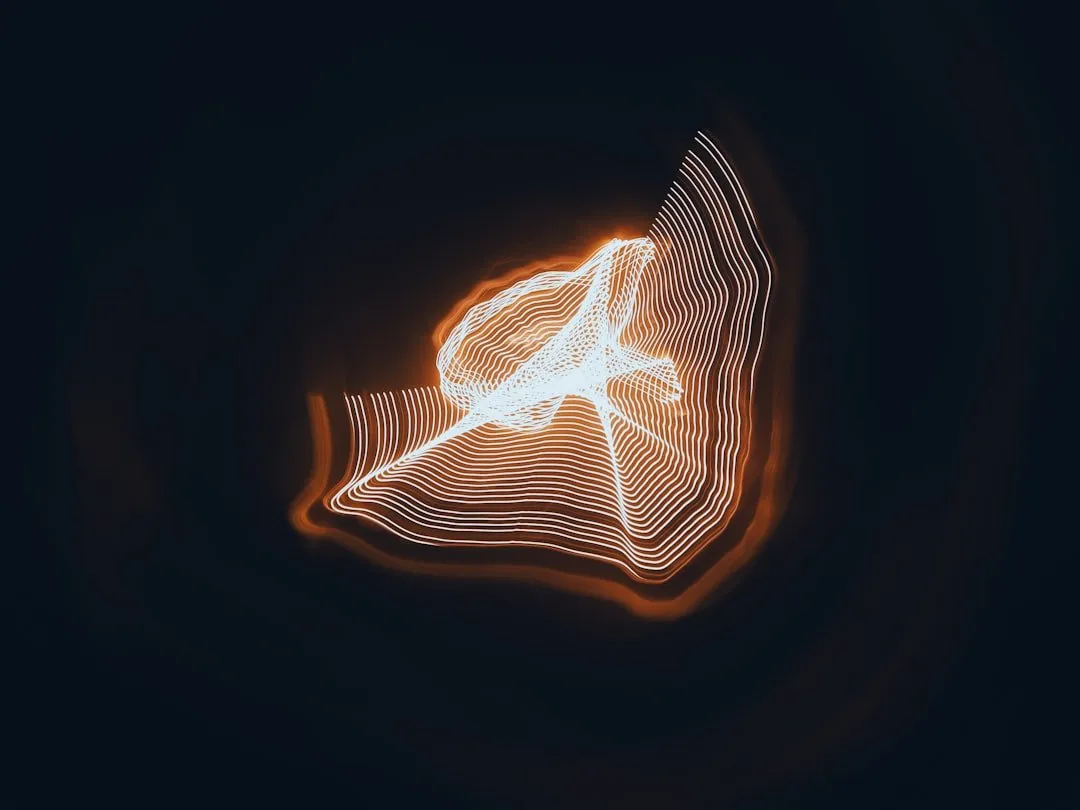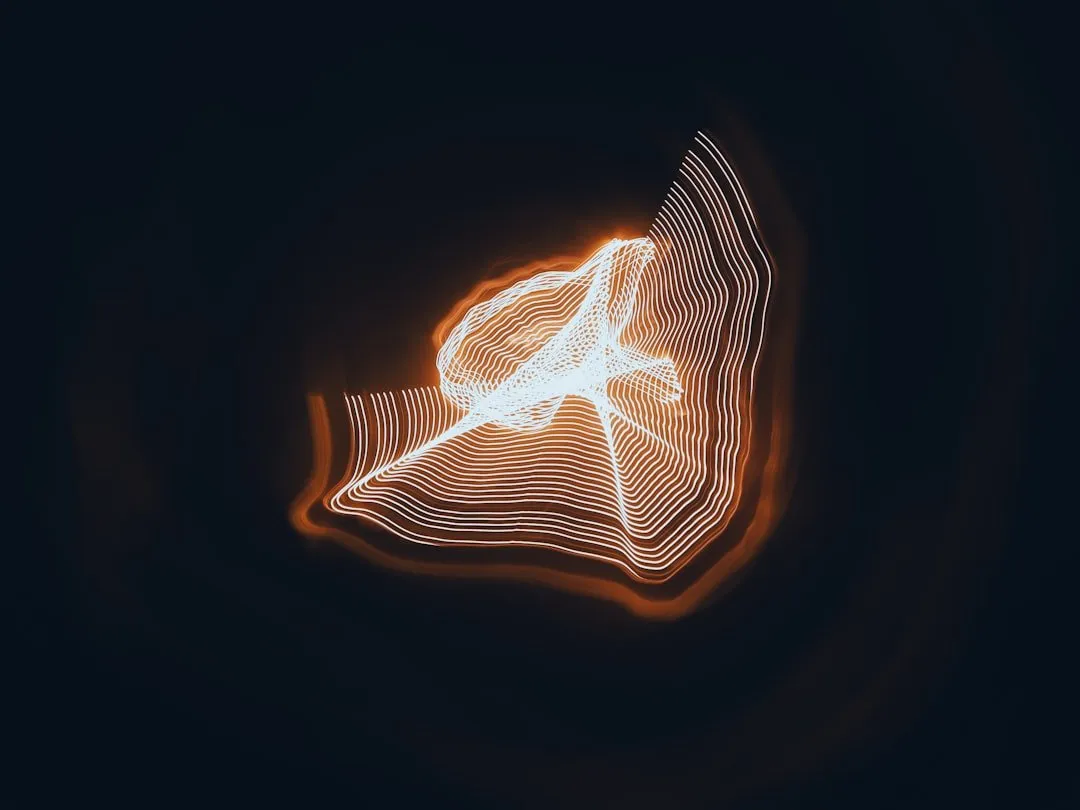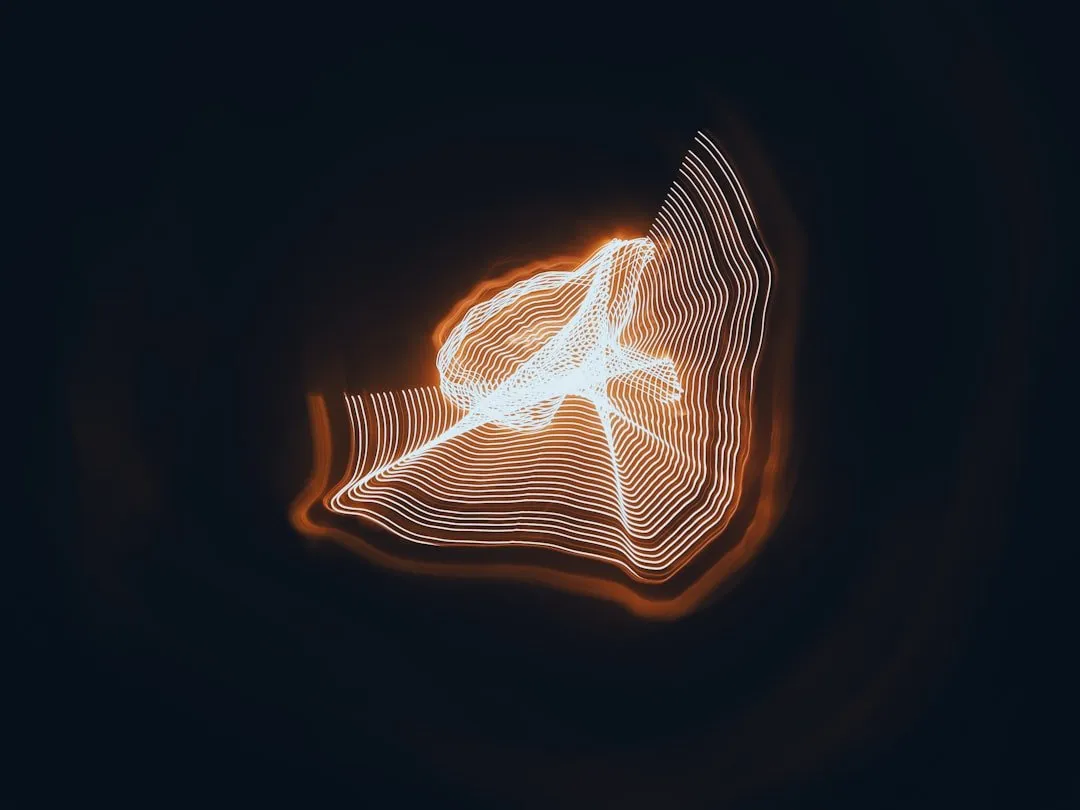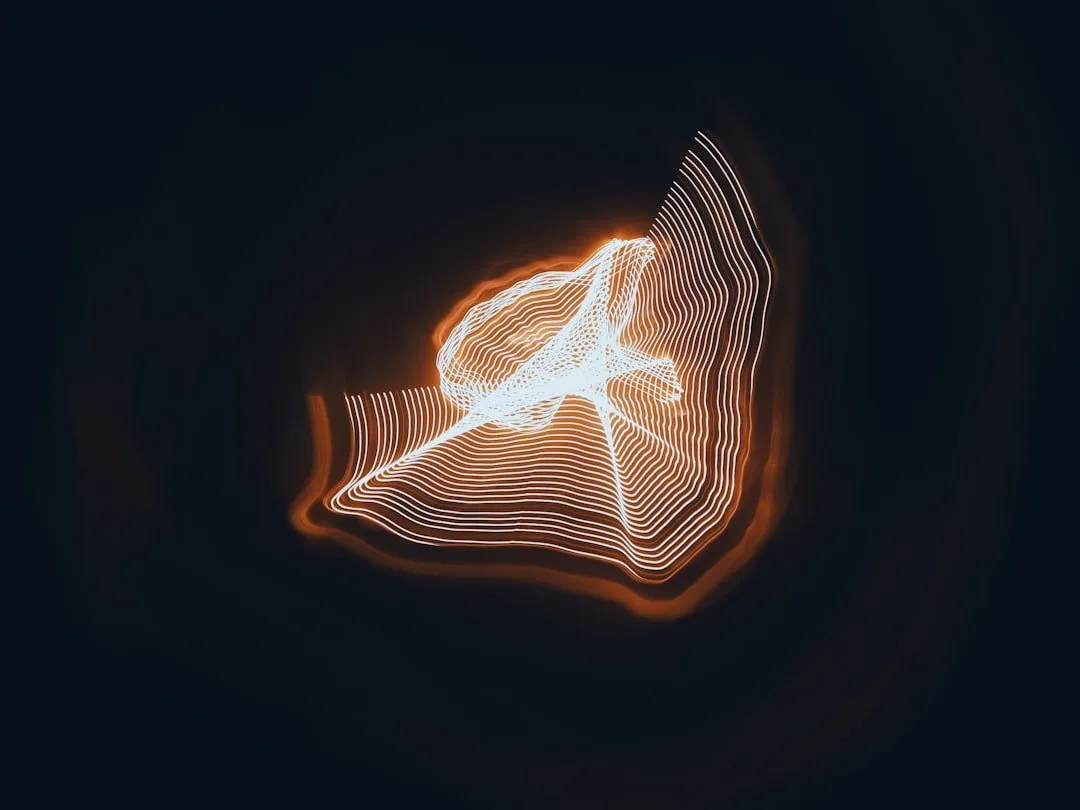Kratom, derived from the Mitragyna speciosa tree, offers a natural alternative for managing pain and enhancing mental well-being, specifically in alleviating symptoms of depression. Strains like Maeng Da and Thai Kratom interact with brain receptors related to mood regulation. Red-vein kratom varieties, rich in 7-hydroxymitragynine (7-HMG), are effective for pain relief. Incorporating kratom into a holistic wellness routine, alongside practices like meditation or physical therapy, can support mental health and overall well-being. Always consult healthcare professionals before trying kratom as a complementary therapy.
“Discover the power of nature’s remedy with our comprehensive guide to natural pain management using kratom supplements. In this article, we explore how kratom, an ancient herb, can alleviate mental health issues and provide relief from chronic pain. We delve into the science behind its effects on the brain and offer insights on the best kratom strains for treating depression. Learn how to integrate kratom into a holistic approach to pain management, offering a natural alternative to conventional treatments.”
- Understanding Kratom and Its Effects on Mental Health
- The Best Kratom Strains for Treating Depression
- Integrating Kratom into a Holistic Pain Management Plan
Understanding Kratom and Its Effects on Mental Health
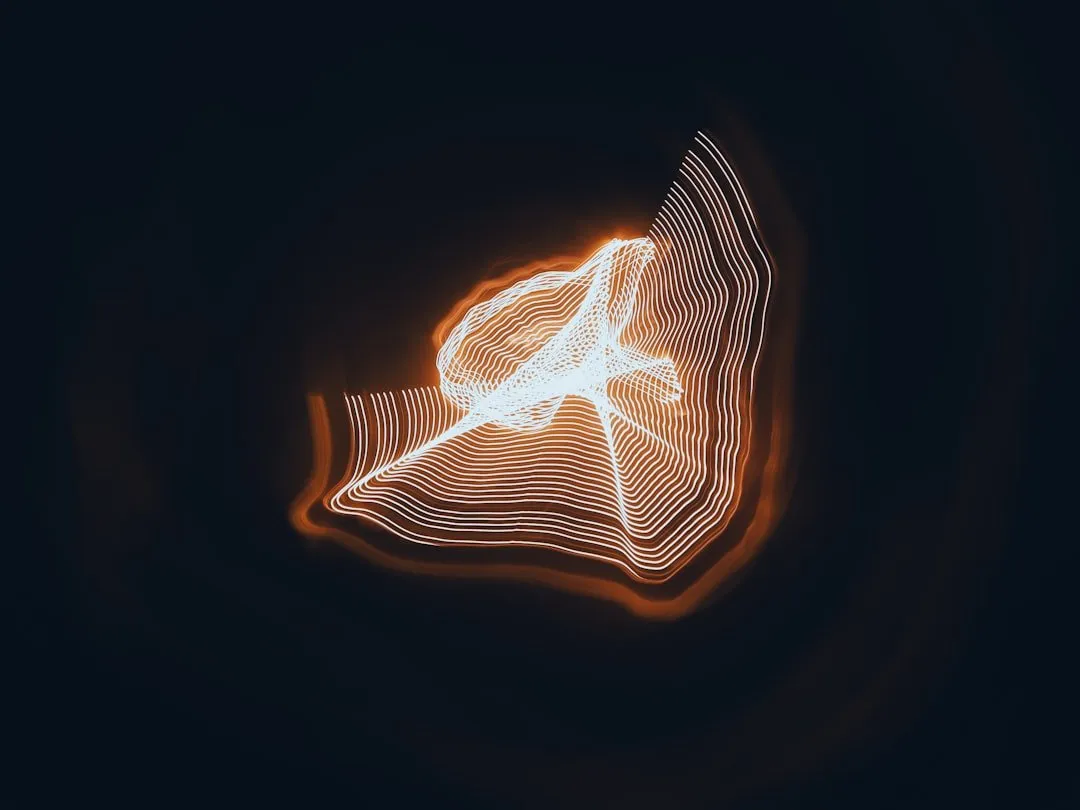
Kratom, derived from the leaves of the Mitragyna speciosa tree, has gained attention as a natural alternative for managing pain and improving mental well-being. While it’s commonly known for its analgesic properties, kratom’s effects extend to the mind. The plant contains several alkaloids, including mitragynine and 7-hydroxymitragynine, which interact with opioid receptors in the brain, potentially offering relief from anxiety and depression. Studies suggest that kratom can help regulate mood and reduce symptoms of these mental health conditions without the side effects often associated with prescription medications.
For those seeking a natural approach to managing depression, exploring the best kratom for depression is a significant step. High-quality kratom supplements, carefully sourced and prepared, can provide a gentle yet effective lift in mood. The key lies in finding the right strain; some varieties of kratom are renowned for their uplifting and energizing effects, making them suitable for combating low spirits. With proper research and guidance, individuals can harness the power of kratom to support their mental health journey alongside traditional therapy or other wellness practices.
The Best Kratom Strains for Treating Depression
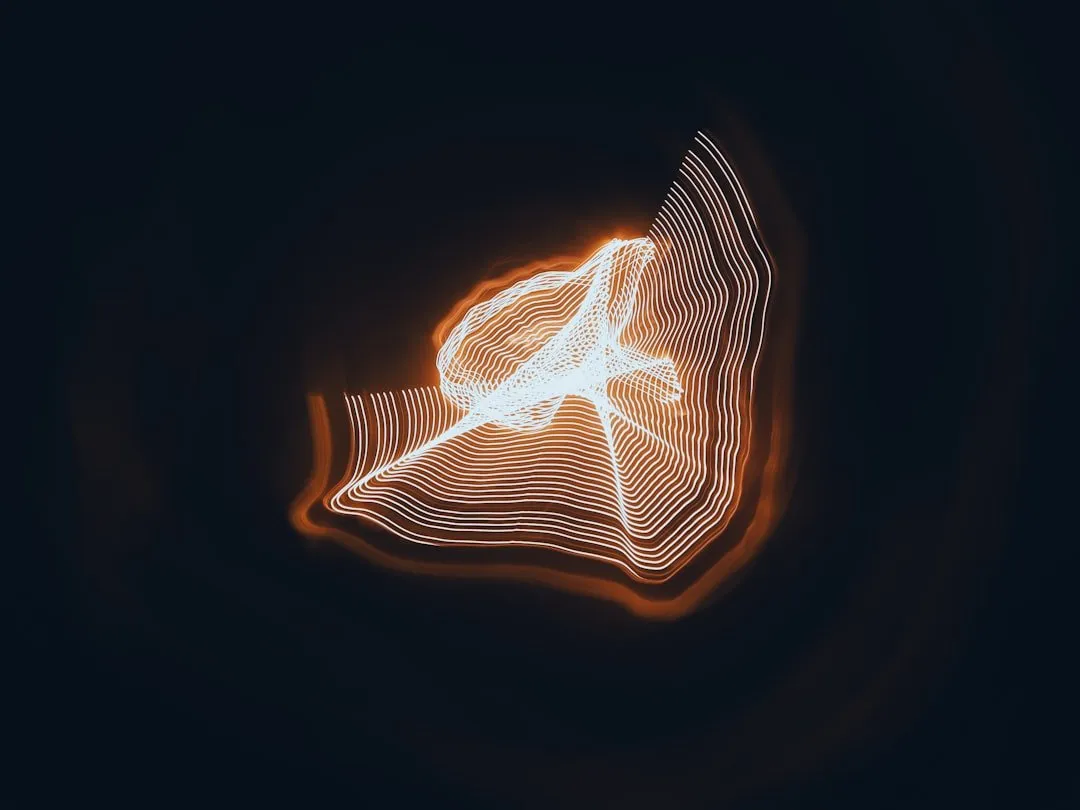
When it comes to managing symptoms of depression, some kratom strains have shown promise. The Mitragyna speciosa plant, from which kratom is derived, contains alkaloids like mitragynine and 7-hydroxymitragynine that interact with brain receptors associated with mood regulation. Strains known for their antidepressant effects include Maeng Da, known for its potent pain-relieving properties and uplifting mood effects, and Thai Kratom, which offers a balanced combination of energy and relaxation.
These strains are often preferred for their ability to provide a clear mental boost without the jittery side effects sometimes associated with other stimulants. However, it’s crucial to remember that kratom is not a cure for depression; rather, it can offer complementary support alongside traditional treatments. Dosage and strain selection are critical factors in achieving the desired effect, emphasizing the need for guidance from a healthcare professional before incorporating kratom into any wellness routine.
Integrating Kratom into a Holistic Pain Management Plan
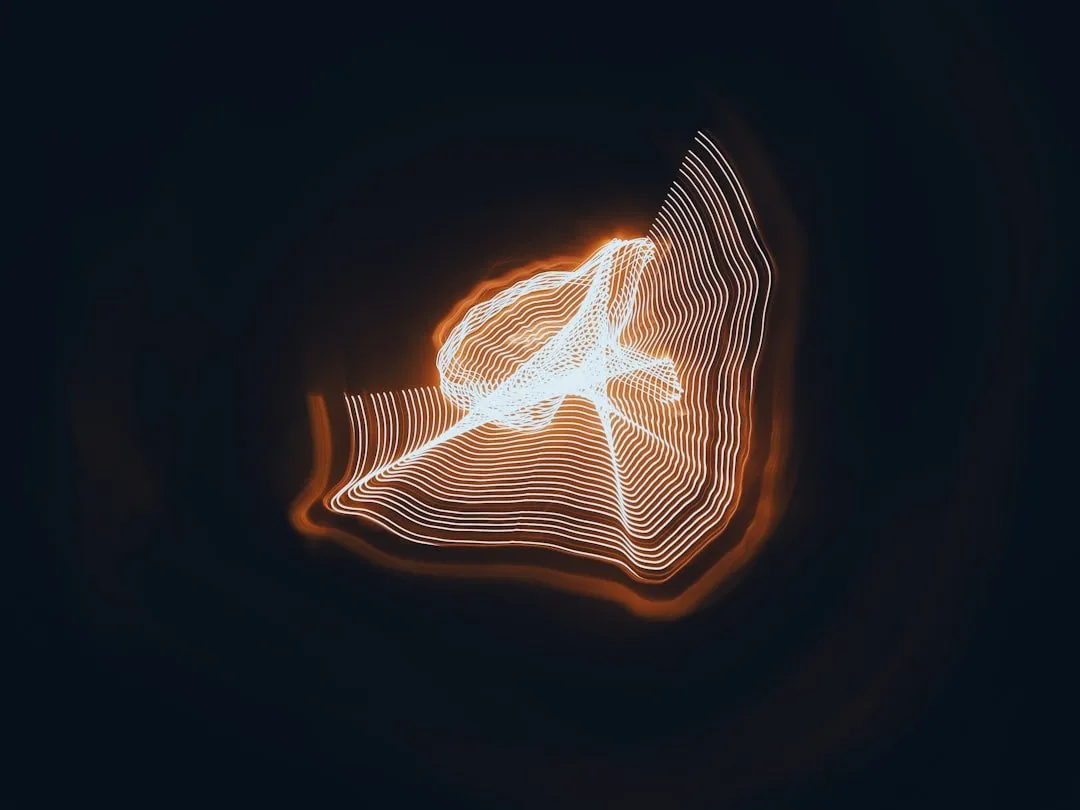
Kratom, derived from the tropical plant Mitragyna speciosa, offers a natural approach to managing pain and can be an effective component in a holistic pain management plan. When integrating kratom into such a regimen, it’s crucial to focus on the specific strain types for optimal results. For example, red-vein kratom varieties are renowned for their calming effects and may help alleviate depression and anxiety associated with chronic pain. These strains contain higher levels of 7-hydroxymitragynine (7-HMG), a potent analgesic and neuroprotective compound.
For those seeking the best kratom for depression, it’s essential to consider not only the strain but also individual tolerance and preferences. Combining kratom with other holistic practices like meditation, yoga, or physical therapy can enhance its pain-relieving benefits while fostering a comprehensive well-being approach.
Kratom supplements have emerged as a natural, game-changer in pain management and mental health support, especially for those dealing with depression. By understanding the effects of different kratom strains on mood and pain, individuals can make informed choices to integrate this herb into their holistic wellness routines. When used responsibly, kratom offers a promising alternative for those seeking relief from chronic pain and symptoms of depression without relying heavily on pharmaceuticals. Remember that, while kratom may provide benefits, consulting with healthcare professionals is crucial before adding any new supplement to your regimen, especially when managing mental health conditions.
